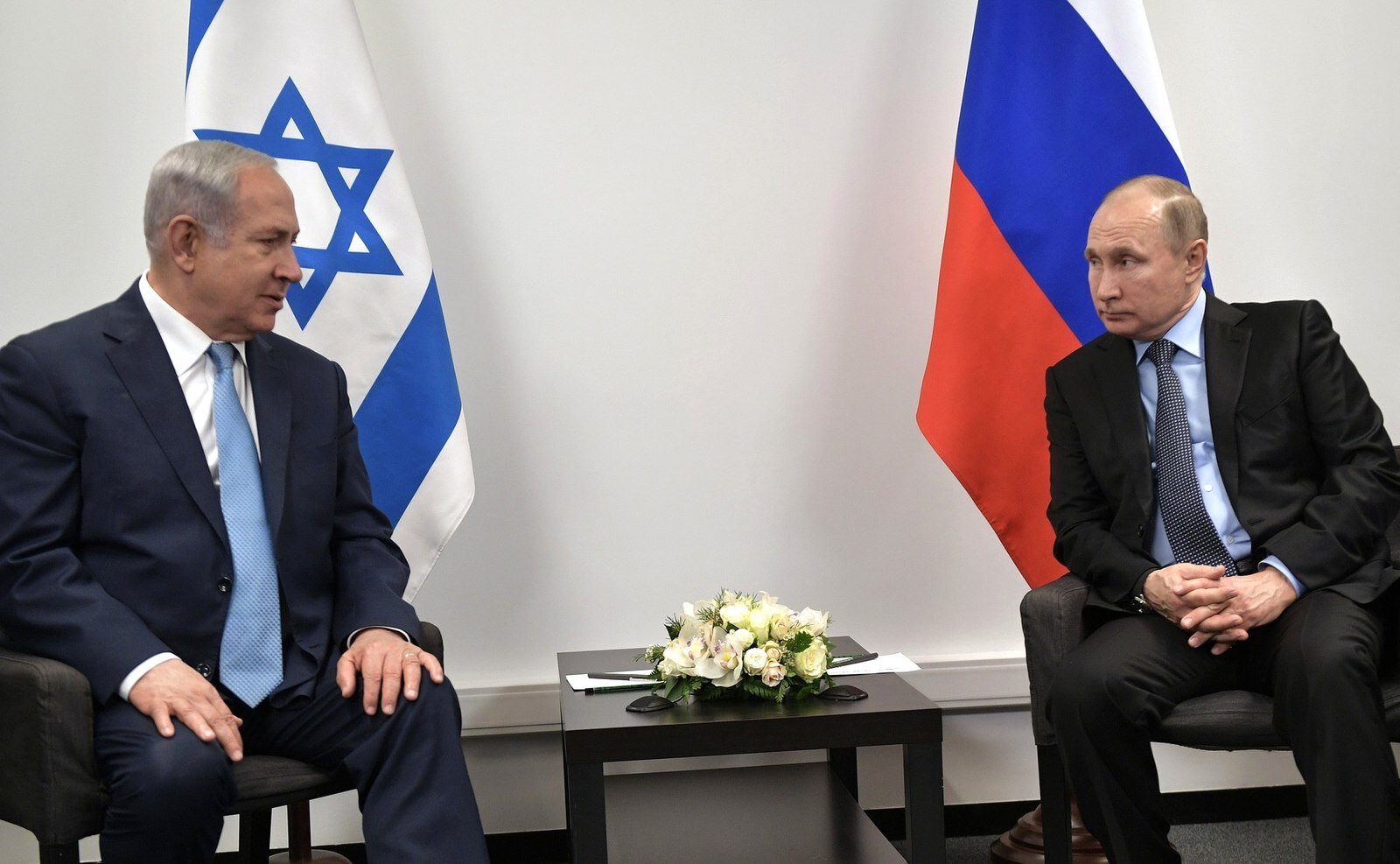Israel Swaps COVID-19 Vaccines for Captive Held in Syria
Israel purchased Russian-made Sputnik-V vaccines to be sent to Syria (Wikipedia)
Israel and Syria made an unusual deal involving Russia, an Israeli woman, Syrian shepherds, and COVID-19 vaccines. Although officially denied by Prime Minister Netanyahu, the New York Times published an article showing that a prisoner exchange on February 19 had a caveat: the shipment of Russian-made Sputnik V vaccines to Syria at Israel’s expense.
In early February, an unnamed Israeli woman crossed illegally into Syria through the disputed Golan Heights region. Local authorities soon arrested her on charges of espionage. With Russia acting as an arbitrator, Syria and Israel agreed to negotiate.
The first draft of the deal had stipulated that the woman’s freedom on Israel’s releasing of two Syrians convicted of terrorism. However, the prisoners refused the offer, preferring to remain in Israeli custody rather than returning to Syria; the agreement made no mention of granting the individuals’ immunity for crimes that they had committed in Syria.
Negotiations found new light when Israeli soldiers stationed in the Golan Heights detained two Syrian shepherds who had crossed into an area claimed by Israel. Ultimately, Syrian deliberators agreed to accept the return of these shepherds instead of the other two prisoners.
Additionally, Russian diplomats brought up the topic of Israeli airstrikes in Syria with the aim of reducing risks to humanitarian convoys caught in the crossfire. Although Netanyahu thanked Putin for his help in facilitating the talks, no statement that would indicate Israel’s willingness to halt such airstrikes has been issued.
The timing of this mediation carries special importance. Legislative elections in Israel are less than a month away, and the success of a deal may provide a boost for Netanyahu and his party. The negotiations had remained secret to avoid potential public backlash towards the provision of the agreement requiring Israel to send an undisclosed number of vaccines to Syria. One report claims that the total cost of this transaction topped $1.2 million.
These negotiations have highlighted a new type of foreign policy that has emerged since the beginning of the pandemic; vaccine diplomacy. Israel has led the way in inoculation, having given at least one jab to around half of its population while a third have received two. As such, they are uniquely situated to exert soft power by exporting spare vaccines around the world. For instance, Israel has promised roughly 5,000 doses to the Czech Republic, Honduras, Hungary, and Guatemala, all of which have or plan to move their embassies to Jerusalem.
Nevertheless, an opinion piece by Médecins Sans Frontières (Doctors Without Borders) lambasted Israel’s vaccine diplomacy because though it has allocated innoculations to foreign countries, only 0.8 percent of Palestine, which is currently occupied by Israel, has received a vaccine. This discrepancy gets at the heart of the ongoing Israeli-Palestine disputes which have only grown in intensity since the pandemic’s onset.

